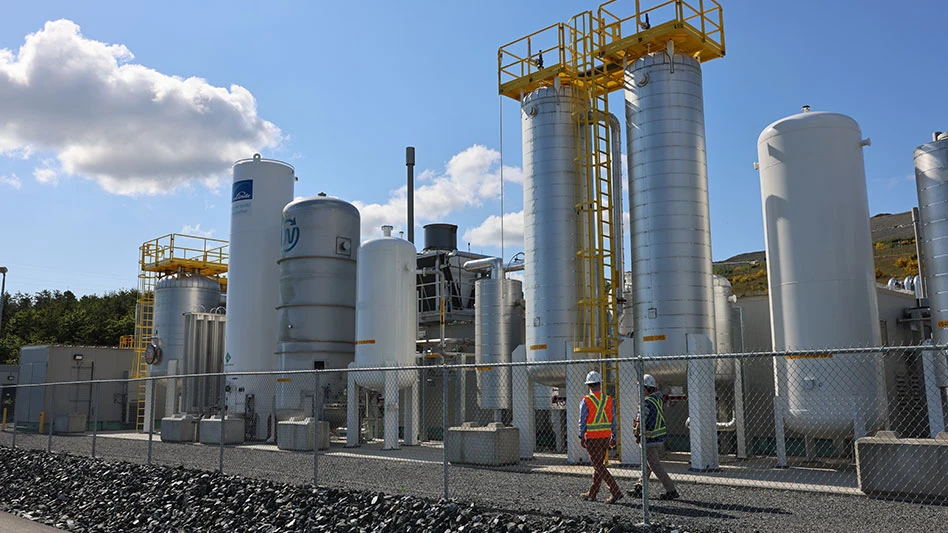
rustamank | stock.adobe.com
The Brussels-based European Suppliers of Waste-to-Energy Technology (ESWET) says an updated version of a European Environment Agency (EEA) briefing on methane emissions “explicitly acknowledges the role of waste to energy (WTE) in mitigating methane emissions from the waste sector.”
According to ESWET, this mention in the 2025 EEA document marks a contrast with a similar briefing released in 2020. The 2020 EU Methane Strategy study “overlooked WTE’s role in landfill methane abatement, despite its proven impact,” according to ESWET.
“The EEA’s recognition of WTE in methane mitigation is a significant step forward,” ESWET President Dr. Siegfried Scholz says. “We urge policymakers to reflect this in future regulations and ensure a holistic approach that fully integrates WTE into the EU’s waste and climate strategies.”
The organization says it welcomes the 2025 EEA report, saying it marks a crucial step in aligning EU policy with the most effective strategies for tackling landfill emissions.
“The EEA analysis recognizes that diverting waste from landfills to biological treatment and energy recovery significantly reduces methane emissions," ESWET says. "This stands in contrast to the 2020 EU Methane Strategy.”
According to ESWET, landfills remain the dominant source of methane emissions in the waste sector, accounting for approximately 80 percent of the industry’s methane output, per the EEA briefing.
The WTE technology group points to Germany as illustrating how WTE contributes to cutting methane emissions.
“After Germany banned landfilling of untreated organic waste in 2005 and expanded its WTE infrastructure, methane emissions from landfills plummeted from 35.5 million metric tons in 1990 to just 7.5 million tons in 2018," the group says.
Since passing that legislation, Germany has been a world leader in the deployment of anaerobic digestion and other technologies to divert and process agricultural byproducts and food scraps.
“The EEA briefing acknowledges that WTE plays an essential role alongside recycling and other recovery operations, a long-awaited correction to the EU’s methane mitigation approach,” ESWET says.
The organization is urging EU policymakers “to build on this momentum" and ensure the upcoming revisions to waste and climate policies integrate WTE as a key pillar of methane reduction efforts.
Latest from Waste Today
- Bioenergy Devco rebrands
- Ecogensus acquires two recycling facilities
- Routeware celebrates 25 years of innovation
- Montana city approves compost facility improvements
- Willows offer a nature-based solution to reducing leachate volumes
- REI outdoors retailer hits zero waste target
- Minnesota awards $1M in waste reduction grants
- Nashville, Tennessee, inches closer to establishing standalone solid waste department





